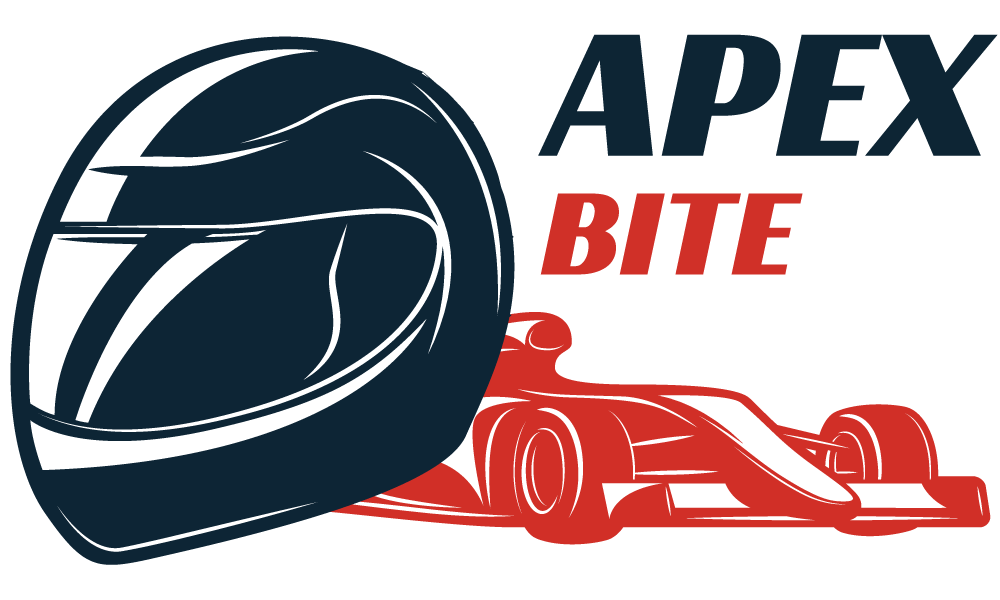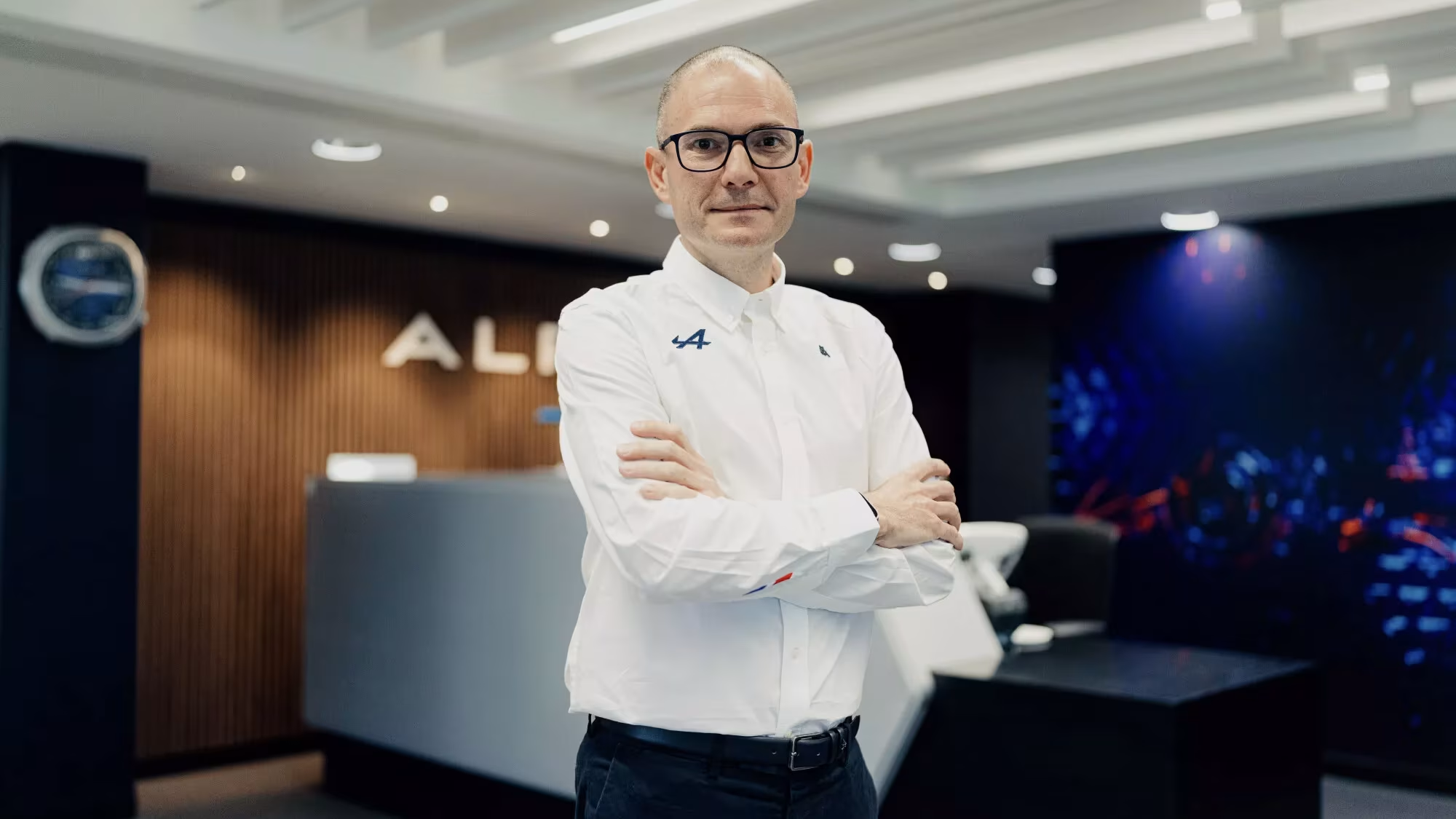The rising star of Formula 2, Theo Pourchaire, faces a harsh reality as he wins the championship but finds the doors to Formula 1 firmly closed. Despite his evident talent and fulfilling the Sauber Academy’s goal of clinching the F2 title, Pourchaire joins the list of champions without a seat in F1, highlighting a concerning trend for junior drivers.
Between the lines
- Theo Pourchaire has won the FIA Formula 2 Championship but, like his predecessors, won’t step up to Formula 1 next season.
- Previous F2 champions Oscar Piastri and Felipe Drugovich also faced similar barriers, with Piastri eventually joining McLaren and Drugovich waiting in the wings as a reserve driver.
- While Pourchaire has tested with Alfa Romeo, financial constraints and a lack of available seats have left him considering Japan’s Super Formula Series for 2024.
- The situation raises questions about the effectiveness of F2 as a feeder series for F1, especially when champions struggle to progress.
Go deeper
Pourchaire’s disappointment was palpable at the FIA Prize Giving Gala in Baku, where the reality of his situation sunk in. Despite his achievements, the F1 grid remains out of reach, a sentiment echoed by previous champions who have faced the same fate. This trend is causing ripples of concern through the motorsport community, as the pathway from F2 to F1 seems increasingly uncertain.
The FIA’s regulations prevent F2 champions from defending their title, forcing them to seek competition elsewhere. Pourchaire’s situation is particularly disheartening as he has proven his mettle in F2 and during his FP1 sessions with Alfa Romeo. His potential move to Super Formula is not just a plan B; it’s a necessity to keep his racing skills sharp and remain visible to the F1 paddock.
Pourchaire’s dilemma underscores a broader issue within the motorsport hierarchy. The F2 championship is designed to prepare and promote drivers to the pinnacle of racing, yet recent years have shown that winning the title is no guarantee of a seat in F1. This has led to a bottleneck effect, where talented drivers are left on the sidelines, their dreams of F1 stalling despite their proven capabilities.
The Frenchman’s case is a stark reminder that timing and opportunity play crucial roles in a driver’s career. With many F1 contracts set to expire at the end of 2024, Pourchaire remains hopeful for a future opportunity. However, his immediate focus is on staying competitive and relevant in the racing world, even if it means leaving the F2 championship and the European racing scene.
As Pourchaire and other F2 champions navigate their uncertain futures, the motorsport community watches closely. The challenges they face not only affect their individual careers but also reflect on the structure and purpose of the junior formulas. The question remains: how can the system be improved to ensure that talent like Pourchaire’s is not wasted or overlooked?
Stay tuned to our F1 news feed on Facebook and Twitter for the latest updates and insights into the world of Formula 1 racing.





